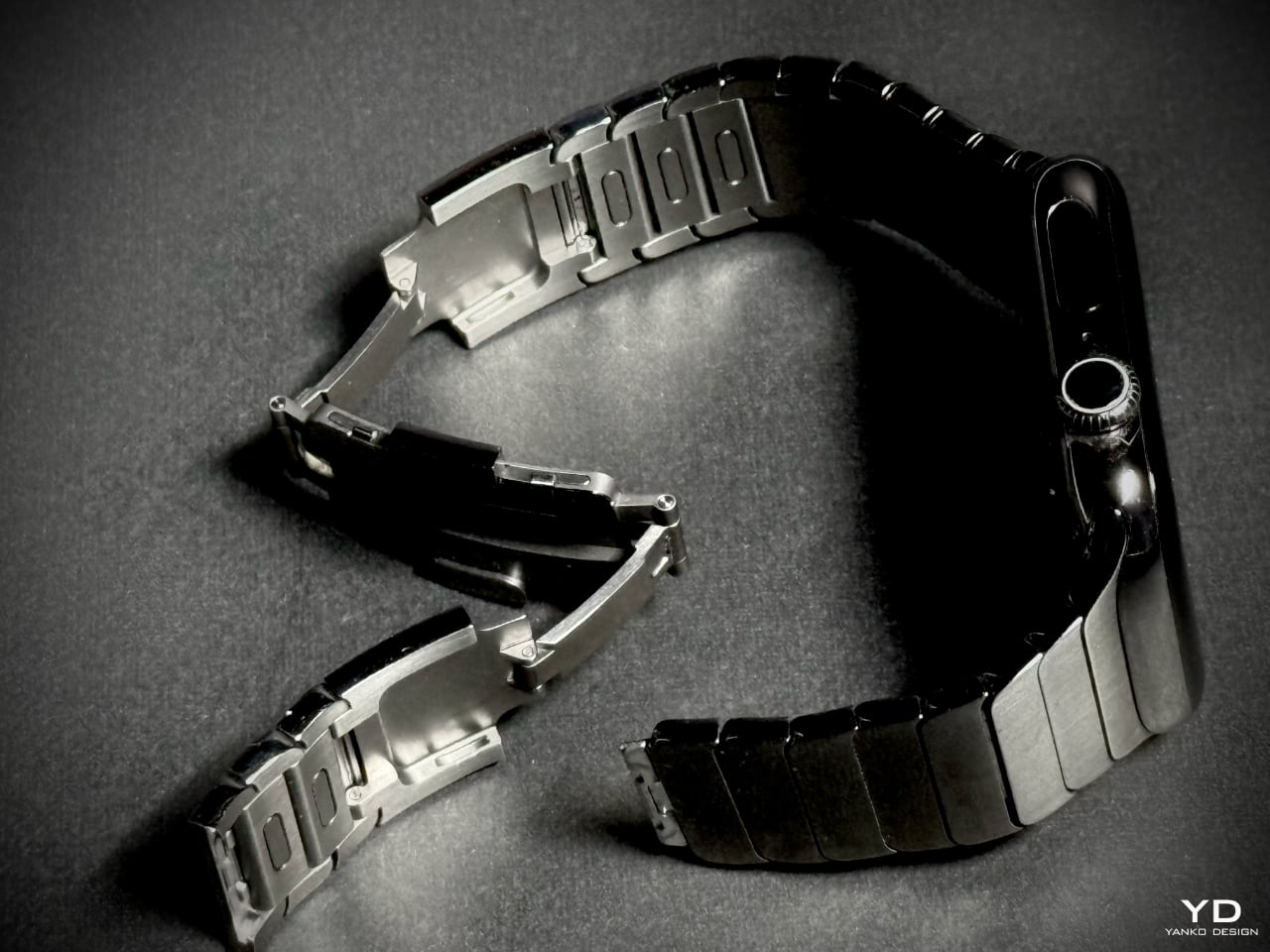
General Motors (GM) has decided to stop developing robotaxis at its Cruise division, citing high costs, lengthy timelines, and increased competition in the autonomous vehicle market, according to a recent report by Reuters. The company, which has invested over $10 billion in Cruise since 2016, will merge the unit into its driver-assistance technology group. As per the report, CEO Mary Barra stated that maintaining a robotaxi fleet is not aligned with GM's core business and confirmed a spending reduction on Cruise from $2 billion to $1 billion by mid-2024.
GM had previously forecasted $50 billion in annual revenue from Cruise by 2030 but now sees the business as expendable. The move follows other major adjustments at GM, including scaling back electric vehicle plans, selling its stake in a joint-venture battery plant, and restructuring its China operations. Cruise faced scrutiny after a 2023 crash in San Francisco involving one of its robotaxis, leading to a $500,000 fine for providing false information to the regulator, adds the report.

The company also abandoned plans for a robotaxi without human controls and laid off over 25% of its workforce after the incident. While competitors like Waymo continue expanding autonomous ride-hailing services, others, including Ford and Volkswagen, have reduced investments in self-driving projects due to financial and technical challenges, further adds the report. General Motors (GM) has decided to stop developing robotaxis at its Cruise division, citing high costs, lengthy timelines, and increased competition in the autonomous vehicle market, according to a recent report by Reuters.
The company, which has invested over $10 billion in Cruise since 2016, will merge the unit into its driver-assistance technology group. As per the report, CEO Mary Barra stated that maintaining a robotaxi fleet is not aligned with GM's core business and confirmed a spending reduction on Cruise from $2 billion to $1 billion by mid-2024. GM had previously forecasted $50 billion in annual revenue from Cruise by 2030 but now sees the business as expendable.
The move follows other major adjustments at GM, including scaling back electric vehicle plans, selling its stake in a joint-venture battery plant, and restructuring its China operations. Cruise faced scrutiny after a 2023 crash in San Francisco involving one of its robotaxis, leading to a $500,000 fine for providing false information to the regulator, adds the report. The company also abandoned plans for a robotaxi without human controls and laid off over 25% of its workforce after the incident.
While competitors like Waymo continue expanding autonomous ride-hailing services, others, including Ford and Volkswagen, have reduced investments in self-driving projects due to financial and technical challenges, further adds the report..















